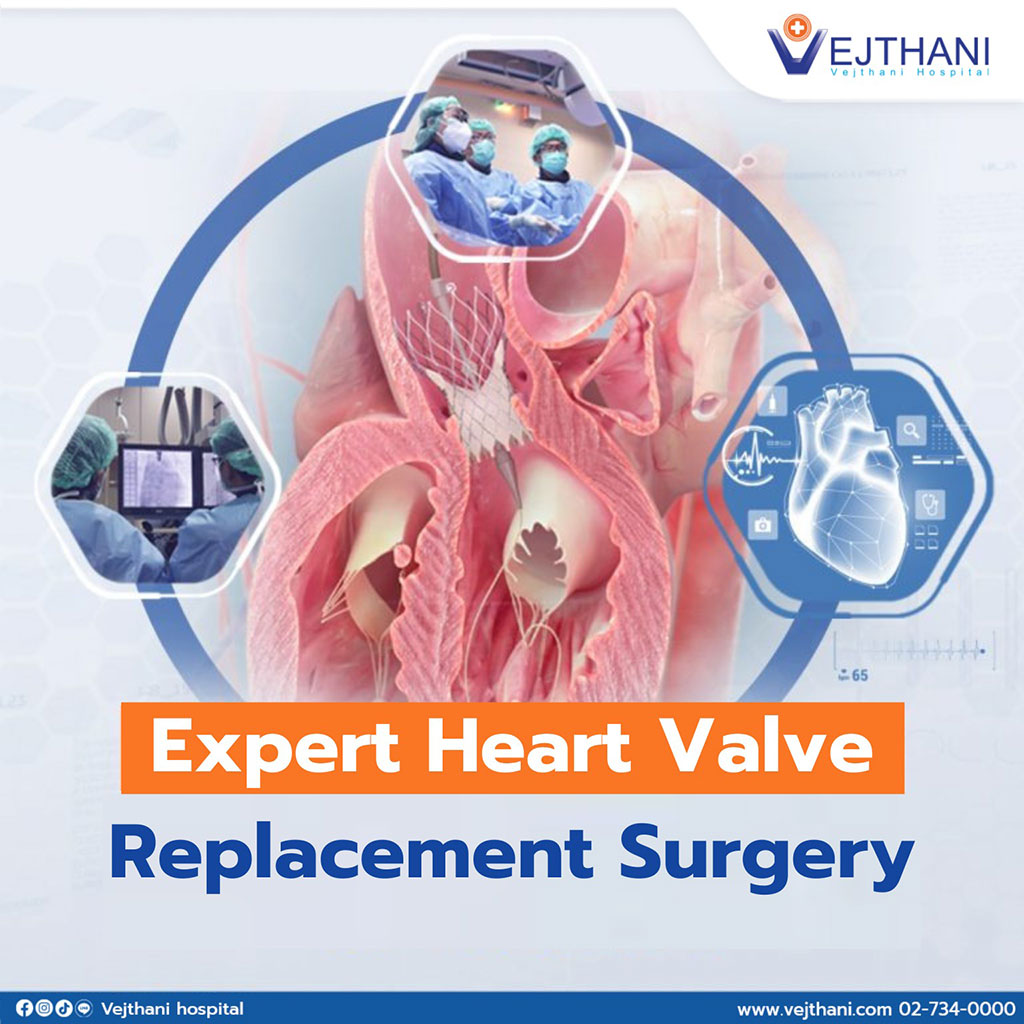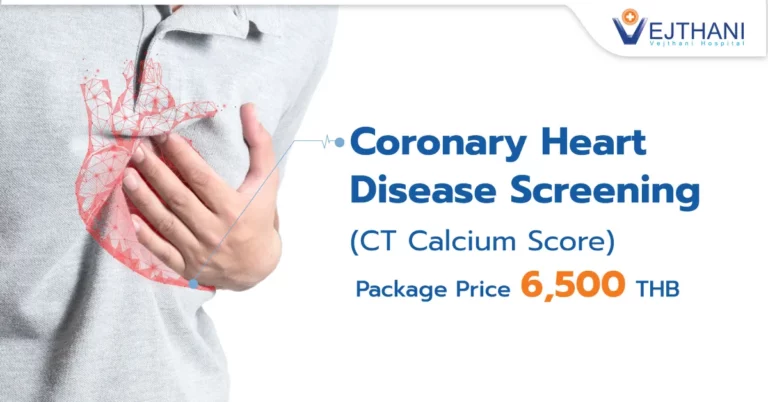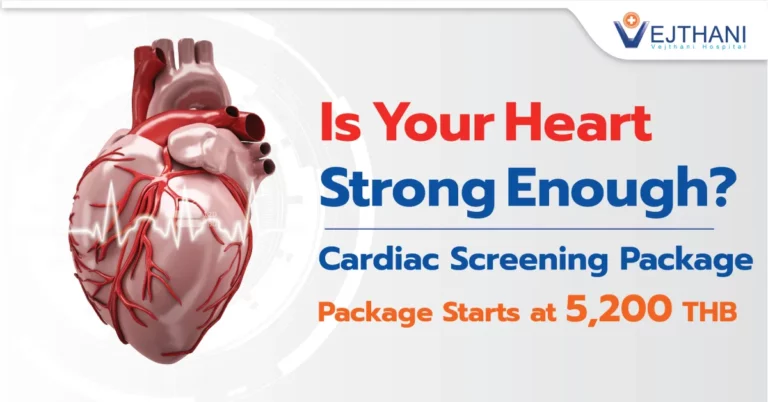

Heart valve replacement surgery is a critical procedure for patients with valvular heart disease, where the heart’s valves do not function properly.
When Heart Valve Replacement Surgery is Needed
Valve replacement surgery is required when the edges of the heart valves that control blood flow no longer seal tightly, leak (valve regurgitation), or allow blood to flow in the wrong direction, or when heart valve stenosis or abnormal narrowing occurs. In these instances, surgical intervention is needed to restore normal heart function and prevent further complications, such as:
- Decreased Cardiac Efficiency: The heart struggles to pump blood effectively, resulting in fatigue, shortness of breath, and inability to perform daily activities.
- Risk of Congestive Heart Failure: If left untreated, valvular heart disease can progress to congestive heart failure, a serious condition where the heart cannot pump enough blood to meet the body’s needs.
- Increased Heart Size: Over time, dealing with valve inefficiencies can cause the heart to enlarge, which may lead to weakened heart muscles and poor heart function.
- Life-threatening Complications: Severe valve disease can lead to life-threatening complications, including sudden cardiac death.
Types of Heart Valve Replacement Surgeries
With advances in techniques and technologies, heart surgery has become much safer for the patient and more of a routine operation for surgeons. Vejthani Hospital specializes in advanced surgical techniques that cater to each patient’s unique needs, ensuring high levels of safety and a better quality of life post-surgery.
Open Heart Surgery
This traditional method involves making a large incision in the chest to access the heart. It is recommended for patients with multiple valves in need of repair or replacement or when the heart valve damage is extensive. This method is also preferred if there are additional complexities, such as the need for a coronary artery bypass graft. Open heart surgery allows direct and comprehensive access to the heart for complex procedures.
In open heart surgery, a large incision is made in the chest, and through the sternum, the ribs are drawn back by retractors, and the heart is exposed so the procedure can be performed. Artificial valves that resemble discs made from materials such as metal, plastic, or tissue from animal sources are used to replace the patient’s natural valve. These valves are sutured onto the end of the ventricle, where it enters the heart. Open surgery still requires about a week’s stay in the hospital after the surgery and around eight to 12 weeks of recovery time.
Transcatheter Aortic Valve Implantation (TAVI)
This less invasive procedure is ideal for patients who are at higher risk for open-heart surgery but require valve replacement. It is suited for older adults or those with multiple health issues, such as patients with aortic stenosis.
TAVI involves delivering a fully collapsible replacement valve to the valve site through a catheter inserted via the femoral artery. Undergoing TAVI has advantages, including not needing to put the patient on a heart-lung bypass machine as the heart does not need to be stopped. The less invasive procedure results in reduced tissue trauma and a shorter recovery time.
Minimally Invasive Surgery (MIS)
MIS is ideal for patients who require valve surgery but want reduced recovery time and less physical impact. MIS is often used for mitral valve replacement, tricuspid valve repair, and less complex valve replacements.
This approach involves making smaller incisions on the right side of the chest to reach the heart through the ribs, which leads to quicker recovery times and minimized risk of complications. Because the incisions are smaller, MIS results in less blood loss than open surgery and requires less replacement blood. A smaller incision also means less chance of infection and reduced trauma to surrounding tissue, leading to a faster recovery.
Valve Repair Surgery
Often the best option when the valve structure is intact enough to allow effective repair. Repairing a valve can preserve heart function and the patient’s tissue. It is generally preferable for younger patients and those whose valves have suitable anatomy for the procedure. Techniques include reshaping the valve, removing excess tissue, or patching holes in a valve.
Choose Vejthani Hospital for Heart Valve Surgery
Our heart valve replacement surgeries are performed using the latest techniques and technologies, ensuring that each patient receives the most appropriate and effective treatment. Our multidisciplinary team of cardiac specialists is dedicated to providing a personalized treatment plan that includes detailed pre-surgical assessments, expert surgical care, and comprehensive post-operative follow-up.
If you are experiencing symptoms of valvular heart disease or have been diagnosed with a valve condition, do not wait.
For more information, please contact
Cardiac Center, 5th floor, Vejthani Hospital
Call: (+66)2-734-0000 Ext. 5300
English Hotline: (+66)85-223-8888
- Readers Rating
- Rated 4.8 stars
4.8 / 5 ( Reviewers) - Spectacular
- Your Rating






























